We use cookies to make your experience better. To comply with the new e-Privacy directive, we need to ask for your consent to set the cookies. Cookies Policy.
Articles by Dr. Vidya Pai, MD
Articles by Dr. Vidya Pai, MD
-
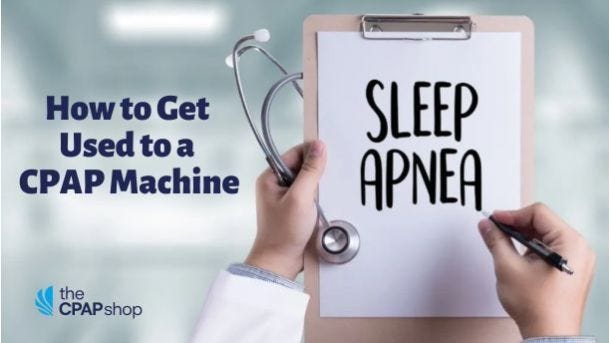 Snoring is one of the signs of obstructive sleep apnea (OSA), a medical condition causing the sleeper to stop breathing and, in turn, increases the risk of stroke or heart attack. About 12 million Americans have been diagnosed with (OSA).The most common treatment for moderate or severe OSA is a continuous positive airway pressure (CPAP) machine which is used with a mask that is worn while ...
Snoring is one of the signs of obstructive sleep apnea (OSA), a medical condition causing the sleeper to stop breathing and, in turn, increases the risk of stroke or heart attack. About 12 million Americans have been diagnosed with (OSA).The most common treatment for moderate or severe OSA is a continuous positive airway pressure (CPAP) machine which is used with a mask that is worn while ... -
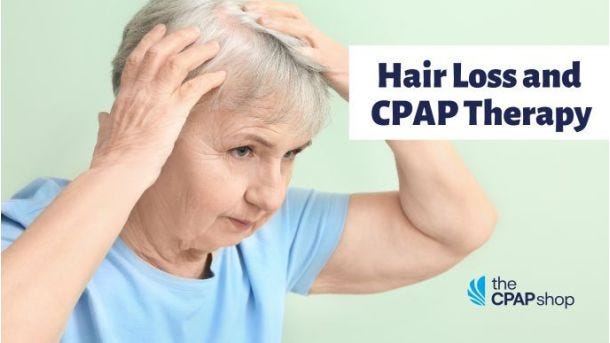
Hair Loss and CPAP Therapy
CPAP therapy is the most preferred treatment for sleep apnea by doctors. This non-invasive therapy helps patients achieve better sleep and better health. However, there can be side effects. Some patients may experience hair loss with CPAP therapy. While the risk is small, it raises understandable concerns with patients. Staying informed can help with solutions so that your CPAP therapy is not compromised.
-
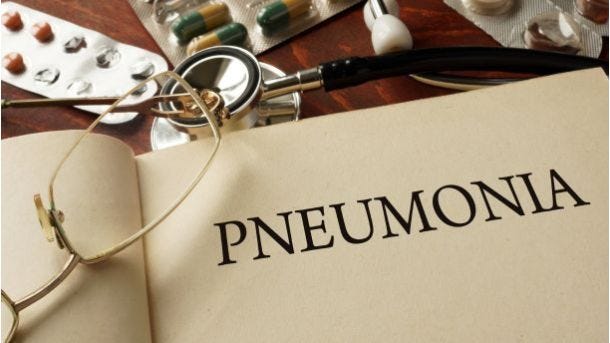
Can CPAP Cause Pneumonia?
The last thing that anyone with sleep apnea needs is to compound their condition with respiratory distress such as through the development of pneumonia. While studies show evidence that people with sleep apnea are potentially more vulnerable to developing pneumonia, there are ways to decrease that risk for CPAP machine users.
-
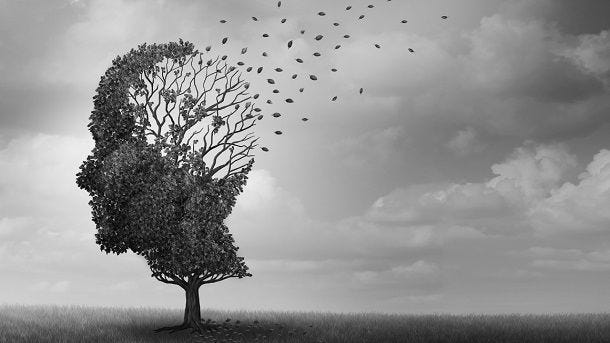
Relation Between Sleep Apnea and Alzheimer’s
Sleep plays a vital role not only in our physical health but our mental health as well. Specifically, quality sleep is important for cognitive function and long-term memory. Perhaps that is why it comes as no surprise that some research suggests a link between sleep orders such as obstructive sleep apnea and Alzheimer’s.
-

Managing CPAP Anxiety and Panic Attacks
Panic attacks can be common among people who are first starting CPAP therapy. According to a 2012 study at the University of California, Berkeley, when a person has apnea, their body releases certain hormones of anxiety and panic to try to restore breathing. In addition, people who suffer from panic attacks, in general, are more likely to have episodes while trying to fall asleep or while sleeping.
-
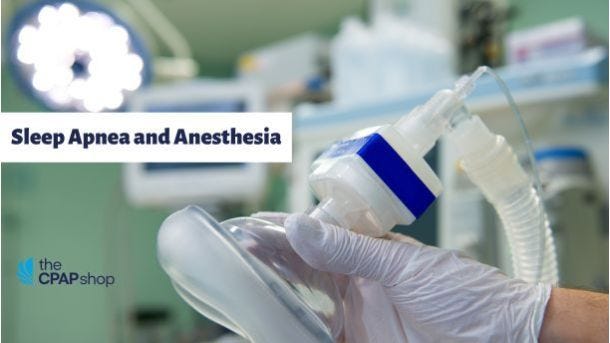
What You Need To Know Before Surgery With Sleep Apnea
If surgery is necessary for a person’s life, having surgery while also having sleep apnea, is doable with some extra precaution. There may be some special care when dealing with anesthesia, from preparation to after the surgery is concluded. Medical professionals have known for quite some time that patients with sleep apnea were at an increased risk of developing complications after operations.
-
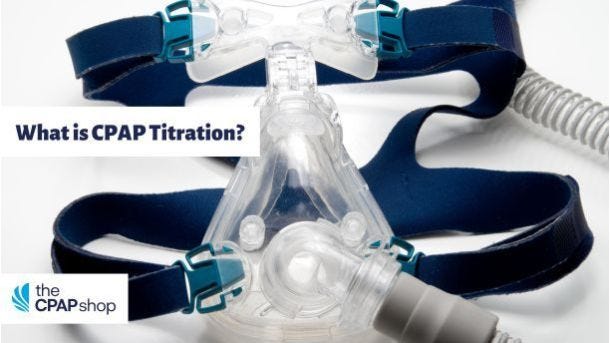
What is CPAP Titration?
Apnea events occur at different intervals and levels of severity for every person with OSA. Throughout their lives, CPAP machine users will need to have follow-up titration conducted during their sleep study in order to make adjustments. This is the process of checking and adjusting the air pressure for the patient to ensure that it is optimized to eliminate the apneic events during the night.... -
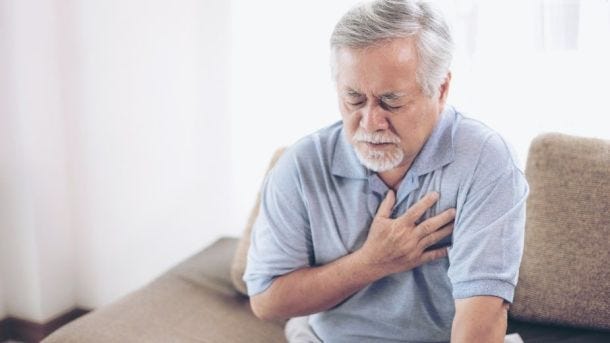
Sleep Apnea and Heart Disease
Getting a good night’s rest is just important as diet and exercise in maintaining health. Poor sleep can impact the health of the cardiovascular system. Sleep disorders such as obstructive sleep apnea increase the risk of heart failure by 140 percent, the risk of stroke by 60 percent, and the risk of coronary heart disease by 30 percent.1 Patients with heart problems may not realize th... -
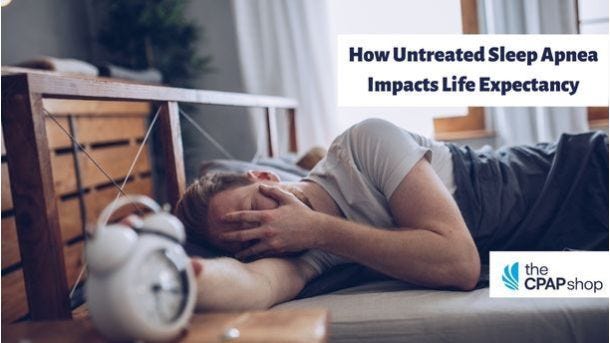
How Untreated Sleep Apnea Impacts Life Expectancy
Sleep apnea is a widespread sleep condition and occurs when people repeatedly start and stop breathing frequently throughout the night while they are sleeping. Because it is an illness that occurs during sleep, many people do not even know they have it, and it could go undiagnosed their whole life. Undiagnosed and untreated sleep apnea is very harmful, and can certainly lead to shortened life expectancy.
-
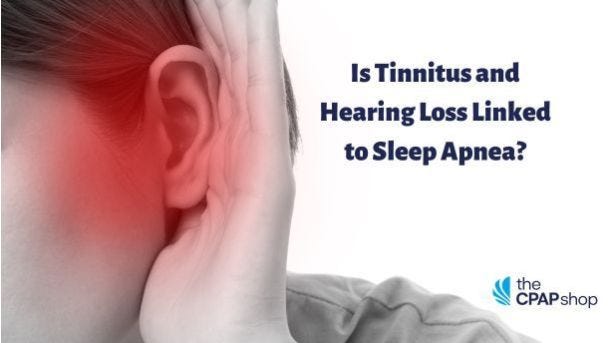
Is Tinnitus and Hearing Loss Linked to Sleep Apnea?
Due to its systemic and chronic nature, the potential list of possible sleep apnea side effects appears to be growing as a recent study shows evidence of a link between sleep apnea and hearing loss. The study found that sleep apnea was associated with hearing impairment at both high and low frequencies. That finding held true even after the researchers adjusted the data for other possible causes of hearing loss.


